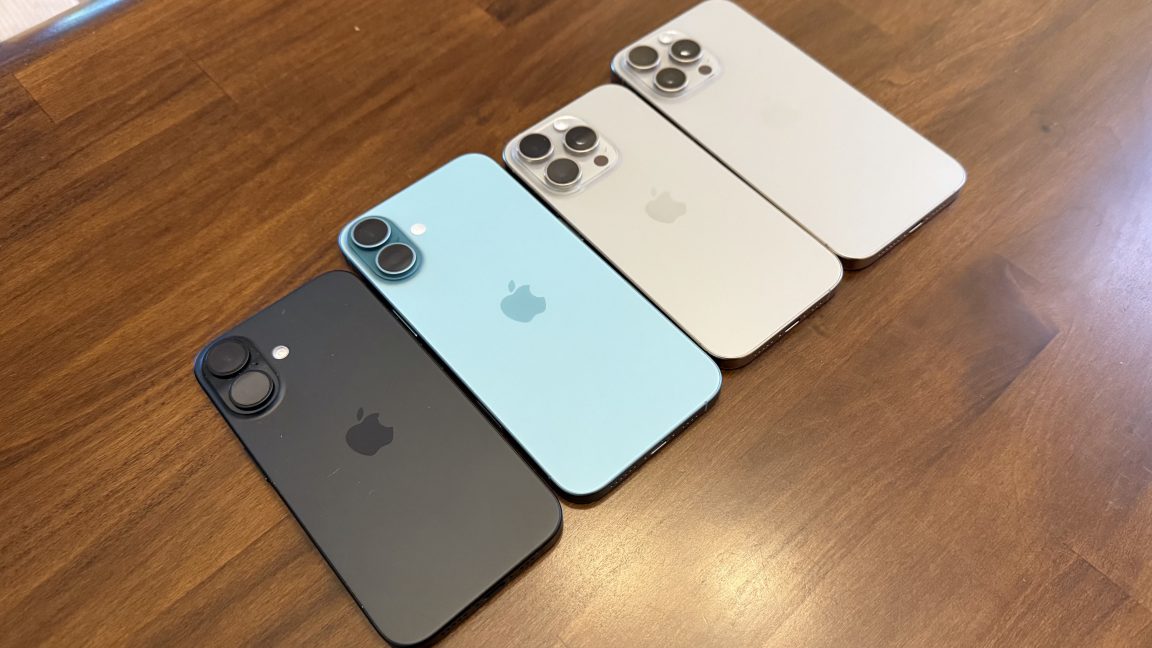AI Summary:
Apple’s first-quarter earnings report revealed a mixed performance. While overall sales increased by 4%, iPhone sales showed weakness, particularly in China, where they declined by over 11%. CEO Tim Cook attributed this partly to the lack of Apple Intelligence in China and inventory changes. However, the Mac, iPad, and Services categories saw significant growth, with Services up 14% and both the Mac and iPad up 15%. The company reported $36.33 billion in net revenue, a 7.1% increase from the previous year.



I’d attribute this growth to the looming deprecation of Windows 10. With the decision to move to Windows 11, many orgs are replacing them with Macs. On the consumer side, the M4 is seen as worthy upgrade for those already on the earlier M chips.
I’m not sure I could see a significant number of enterprises switching to Mac, it’s just too tall of an order. My department definitely wouldn’t have the bandwidth to do controls, policies, service desk retraining, and internal app rewrites.
Personally I have switched to Mac and am very happy. The performance, OS, and power efficiency of the Macs are just excellent. I’ll likely never give up my Android phone.
It’s not for every org or team. I often work with small IT teams to provide the expertise until they are able to gain the institutional knowledge themselves. It’s usually a slow process, with transitions on the scale of years for the large companies.
For sure, that makes sense. To me, the biggest transition that I expect to see over the next few years in large enterprises will be to ARM-based Snapdragon chips from Intel and AMD. I’m sure some will also go Apple though.
There’s absolutely no way organizations are replacing Windows computers with Macs that would be an insane thing to do.
There was very poor corporate support for Mac OS, a cheap Dell is always going to be a better proposition for large-scale deployment, people know how to use Windows computers, corporate software generally isn’t cross OS compatible because traditionally that has never been a requirement, and it would require upgrading all of the server backend and rewriting all the knowledge articles.
It just straight up isn’t going to happen.
That’s a rather bold statement to make, especially considering I have headed one of those large-scale deployments. IBM has over 100,000 Macs, up 50% from their previous deployment goal. There are plenty of Mac deployments in the 4 and 5 digit range. I work on several a year!
Specialist industries have the most trouble switching, but legacy apps are less of a problem these days. Most are either a web app already or slated to become one, largely because mobile has made cross-compatibility a requirement. Things like CAD are the exception because they need native clients and aren’t mobile centric.
Backend changes usually aren’t the bottleneck for cross-compatibility, if their app was written with decoupling in mind (thank you Agile). Throw that out the window if it’s some ancient SOAP monolith. They have bigger problems than their choice of user OS.
Assuming your instance name implies you are in the EU, things are just different for IT over there. The cost savings from adopting Macs can’t materialize given the conditions.
I have not heard of any orgs replacing windows with Mac. This is for consulting and IT. To my knowledge, it is still something only available to execs and higher management. What sector was this for?
An IT supply chain management company and a northeastern medical society have been the latest of our clients to adopt more of them, mostly through attrition of Windows devices. In my prior role at a PE firm, I was responsible for kicking off the transition company-wide to Macs. They liked the lower cost of ownership, maintenance, and the “impression it gave to clients”. The CAD engineers absolutely rioted about it lol. Let me tell you, zip-tying a cheese grater Mac into a server rack is a surreal experience 😂.
To your point, it is still largely director level and above. They are still using MS products mind you, just on Macs.
Are costs of ownership and maintenance low enough to make the difference in initial purchase cost justified, with all the jokes about Apple’s pricing?
Maybe. The average Joe looks at the price tag and makes up their mind, but it’s a trap. You also have to factor in the support costs. IT staff, device insurance, breach costs, etc. A device costs much more (2x, 3x or even more) than what you pay the OEM on the PO. The biggest sink is the human costs of supporting the fleet. Macs have higher capex but lower opex. In the end I see savings between 20-40% for well fitted clients.